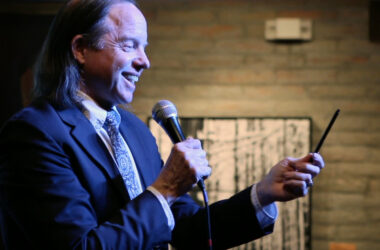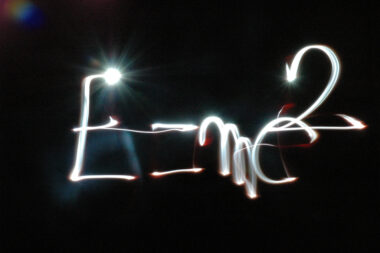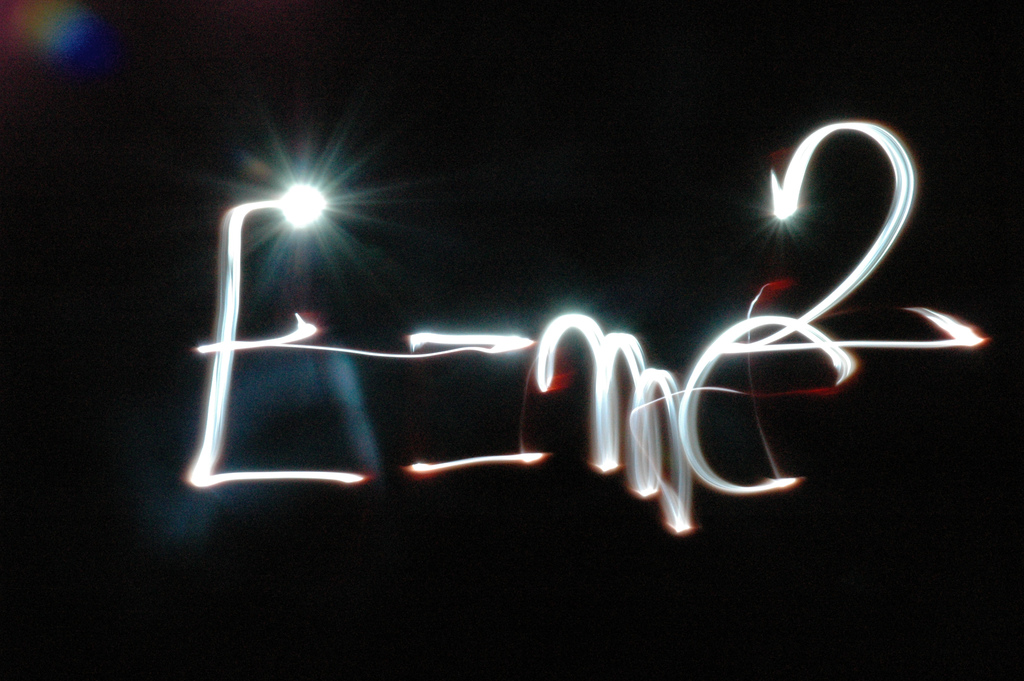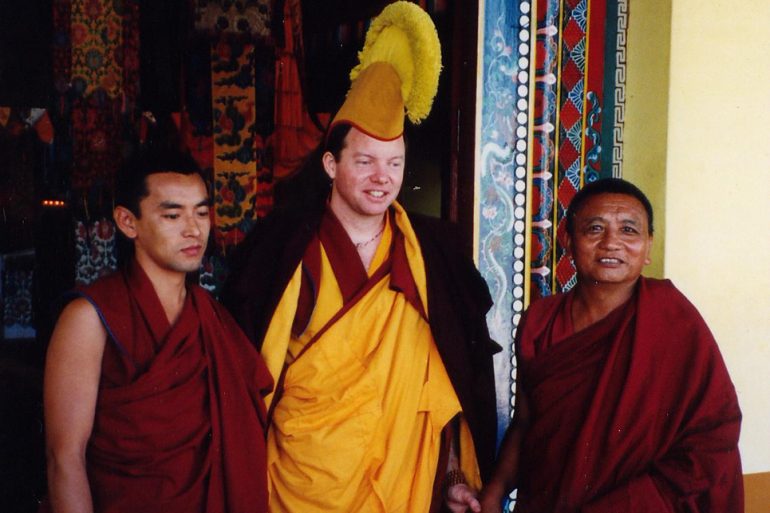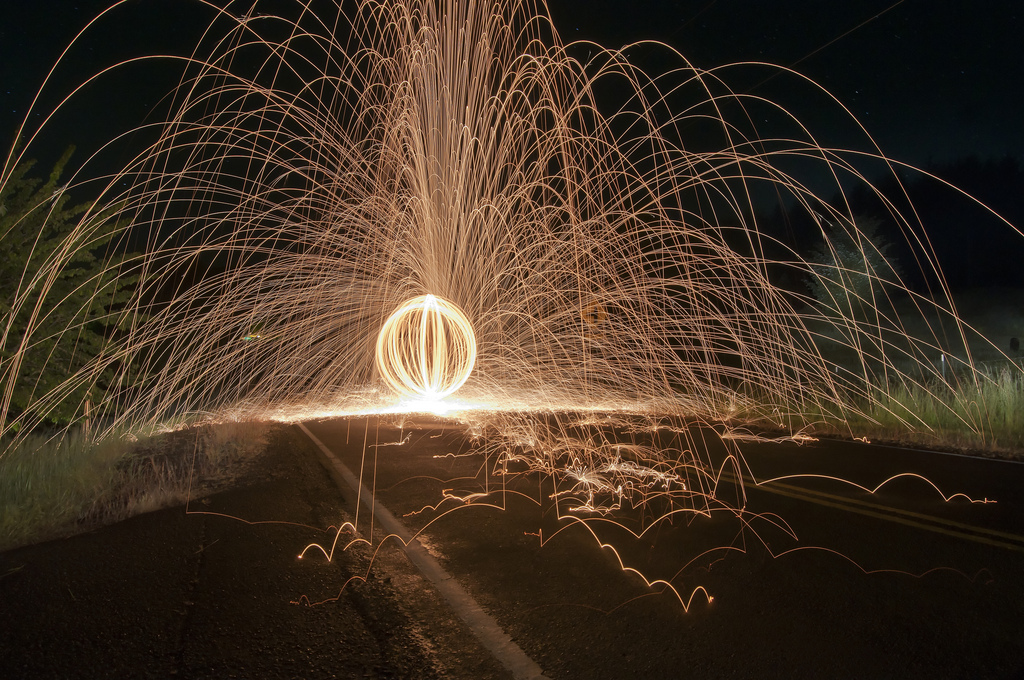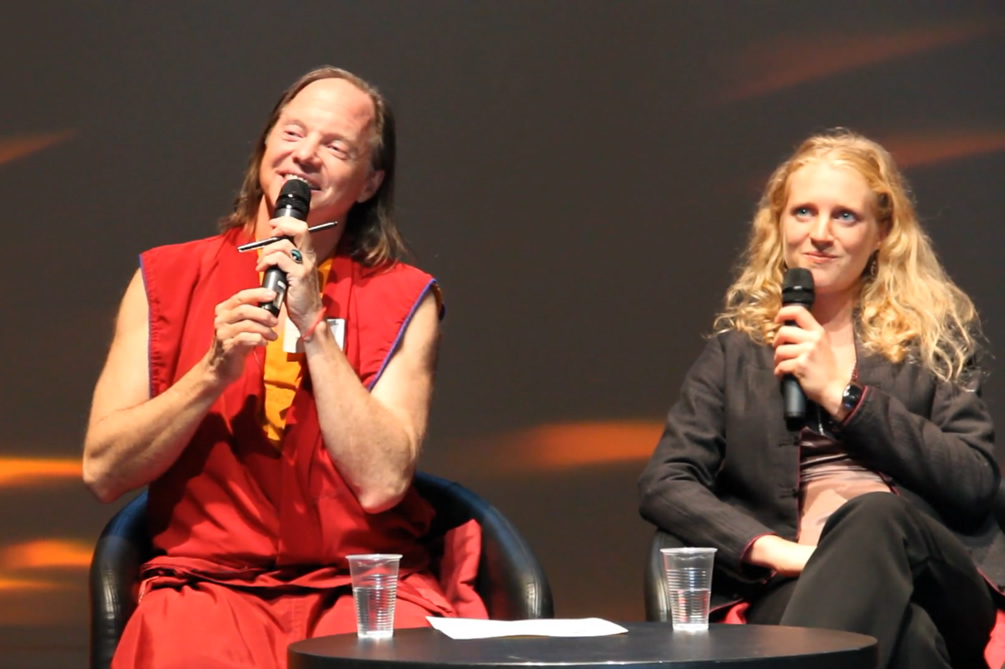Geshe Michael Roach is a Princeton graduate who was sent on a grant from the Woodrow Wilson School to study Tibetan refugees, and who ended up spending 25 years in a Tibetan monastery. He is the first westerner in the 600-year history of Tibet’s famed Sera Mey Monastery to be awarded the title of Geshe, or Master of Buddhist Philosophy.
As part of his final examination before over 1,000 Tibetan monks, Michael was challenged by the monastery’s abbot to demonstrate in a practical way that he had mastered the Buddhist Principle of Emptiness, which is a close sister to the Uncertainty Principle—a foundational idea of quantum physics—as set forth by Werner Heisenberg in 1927. The Uncertainty Principle describes how the presence of an observer necessarily changes the behavior of the physical reality being observed.
According to the Principle of Emptiness, specific rules govern how the presence of the observer changes reality. If we have a good understanding of these rules, then we should be able to alter reality—to change future events, both on a subatomic level and in our everyday life—in conscious and predictable ways. Think of it as crafting the future.
Geshe Michael took the Abbot’s challenge and applied it to a simple problem: the hunger that was killing people daily in the Tibetan refugee camps. Would it be possible to create a business in America and direct its future course consciously, using the Principle of Emptiness, sort of a supercharged version of the Uncertainty Principle? And then the funds could be used to save the refugees. Michael then helped to create Andin International Diamond Corporation, one of the fastest growing companies in the history of New York City. By the time the company was sold to Warren Buffett in 2009, it had reached $250 million in annual sales, and helped thousands of Tibetan refugee families. It seems that the Principle of Emptiness works, in the real world!
The Principle of Emptiness explains our unanswered questions about the Uncertainty Principle, and the underlying nature of the physical world
The Principle of Emptiness explains our unanswered questions about the Uncertainty Principle, and the underlying nature of the physical world. A professional physicist—or a student on their way to becoming such a physicist—who gained some serious training in the Principle of Emptiness might be able to affect the entire future course of western science.







